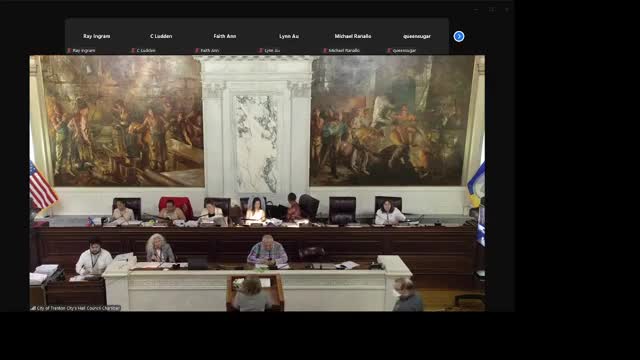Article not found
This article is no longer available. But don't worry—we've gathered other articles that discuss the same topic.
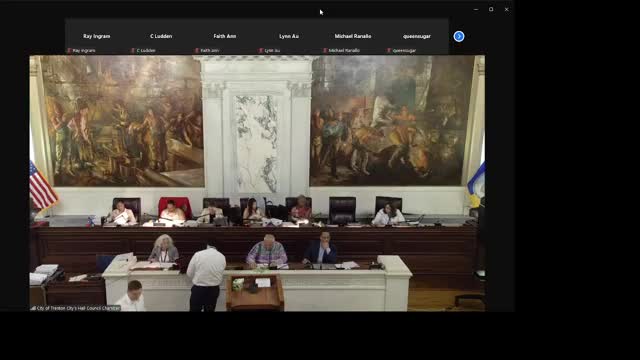
Votes at a glance: ordinances, appointments and consent items approved by Trenton council
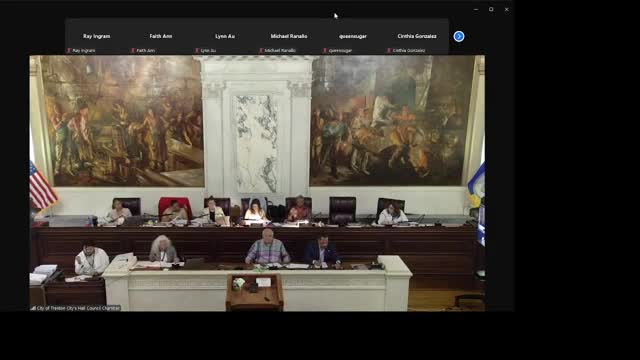
Council adopts citywide redevelopment/rehabilitation plan to streamline smaller projects, retain council oversight
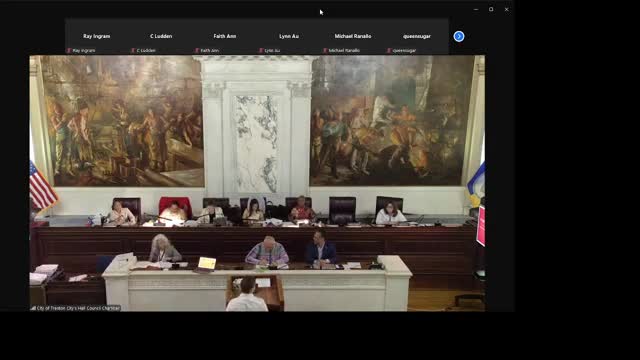
Kingsbury Towers developers give council timeline for renovations, low-rise demolition and possible health‑care partner
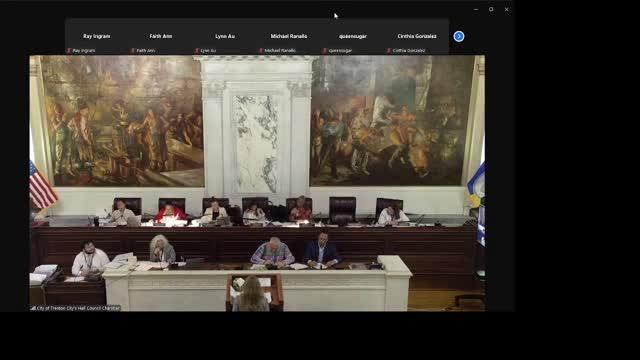
Council approves first reading of high‑rise emergency assistance plan; sponsors to add public-notice and unit‑threshold language before second reading
